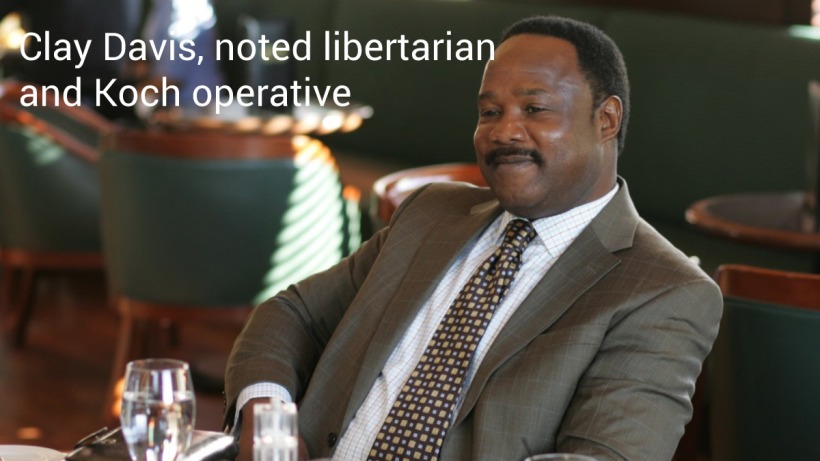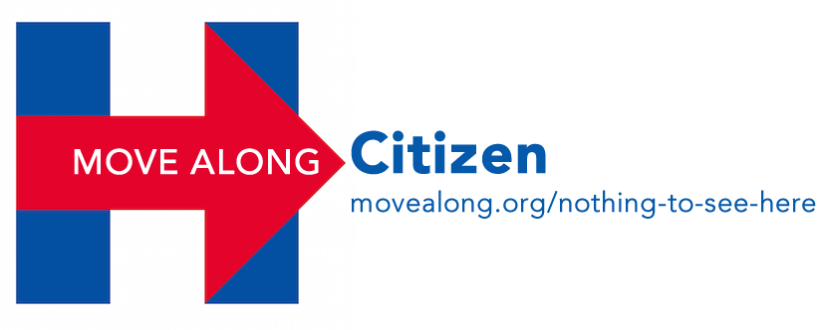The State’s war on Dark Net marketplaces will result in previously trusted marketplaces being replaced by riskier and less trustworthy ones. Honest people operating on a reasonable risk/reward calculation will increasingly abstain from using them. The likely consequence is that the confidence level of DarkNet c-to-b transactions will begin to resemble that of traditional c-to-b transactions, with the additional negative repercussions of being more riskier to the buyer than the traditional c-to-b model.
By now, I’m sure anyone reading this post is aware of the sentence handed down to Ross Ulbricht(aka,”Dread Pirate Roberts”). The purpose of this post is not to extend a commentary on the barbaric character of the sentence.1 That will be for another time. Instead, I want to counter the conventional postscript that concludes virtually every postmortem of the drug war.
“Just another example of an irrational,failed drug war. Take one down, fifteen will rise up to take its place…”
Nope. Not the case. Particularly, in this instance.
First, we should accurately report the full sentence Ulbricht received. It was life imprisonment and a 185 million dollar fine. The State rolled up money laundering charges in the conviction, in no small part because the United States government now “recognizes” bitcoin as a legitimate medium of exchange.2The financial penalty of bitcoin money laundering appears to be the total transactional value that can be pieced together through a forensic analysis of the public blockchain.
Secondly, public court documents and testimony regarding the fed purchases of product from the original silk road marketplace indicate an abnormal level of reliability in a c-to-b(consumer to business, or, if you prefer, user to dealer) drug transaction. Documents indicate you had about a 95% level of confidence that you were actually getting what you thought you were buying. Trust me, that level of confidence is not the norm in traditional c-to-b drug transactions. That’s the real story. The “reduction in violence” argument is not. Frankly, if you made the argument, it is a good indication that your only knowledge of the drug trade comes from watching tv/movies and reading state media sources.
Unfortunately, the effect of barbaric sentencing and draconian money laundering penalties will serve to introduce quite a bit of fraud into Dark Net drug marketplaces. Yes, knock one down, and perhaps fifteen will rise up to take its place. But the level of confidence of a c-to-b transaction confidence will begin to approach the traditional level and indeed may even fall below what you can expect on “the street.” In addition, the confidence level of “dealing with a narc,” on either side of the ledger(consumer or supplier), begins to exceed what you can expect “on the street.” So while there will be replacements, they won’t be exactly the same version as the previous ones.
Frankly, anyone who engages in a repeated pattern of buying or selling on Dark Net sites can only expect to be busted. You may as well just send out an email to the pigs for all intent and purposes. This is opposed to the traditional model where only the dealer following a repeated pattern faces a probable certainty of being prosecuted.
Bitcoin has its uses, but in terms of buying contraband, you are better off sticking to the old-fashioned human p2p network of your reasonably trusted inner/outer circle.
Unfortunately, that conclusion doesn’t exactly make for a “failed war on drugs,” now does it?
1 I’ve read many characterizations that described it as “tragic.” Its not tragic. Its barbaric.
2 Another demonstration why the dipshit “libertarians” at George Mason University campaigning for a “bitcoin regulatory regime” are mortal enemies of libertarianism. The argument that a “regulatory regime” carves out a “legitimate space” in a space that would otherwise be treated wholly as “criminal” actually introduces a far more punitive criminal sanction regime.”Legitimacy” allows the feds to wield the weapon of “money laundering.” And the blockchain is not anonymous. It is only pseudo-anonymous. The crime of operating a website can now carry the financial penalty of any applicable transactional value of the duly recorded transactions in the public blockchain.


